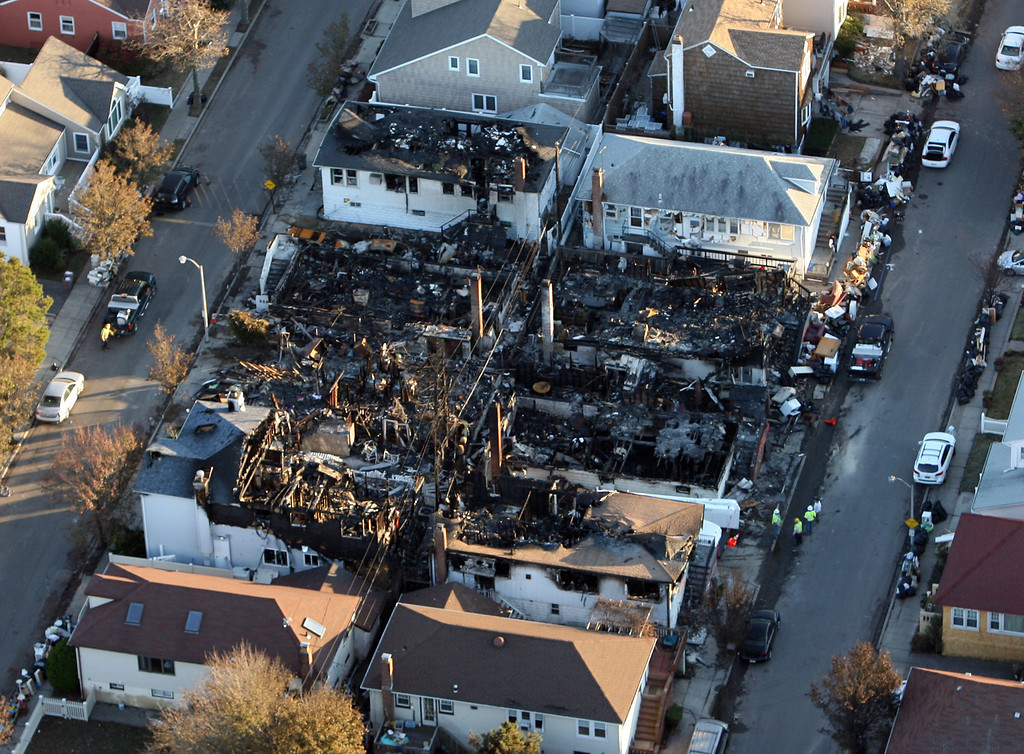Producing this week’s cover story on the Indian cigarette trade was a laborious affair that was reported over a period of several months. And since it is essentially one giant “Off the Reservation” column, I wanted to digress from my usual diatribe and share one of the more uniquely Long Island anecdotes from reporting it.
Having spent the morning on the Poospatuck reservation one day late last year, I was anxious to grab a bite to eat and begin reviewing my notes. So I pulled into Jimmy’s Diner, a small, freestanding building with a dirt and gravel parking lot just off Sunrise Highway in Mastic and grabbed an open seat at the counter. It’s the kind of place where everyone looks up and the conversation stops when the door swings open.
Given its proximity to Poospatuck I figure Jimmy’s may offer some interesting local color and provide context on the cigarette business from the perspective of local people who live near the reservation. As I take a seat at the counter, next to me a salty older man is espousing the evils of smoking, yelling at another regular who ducked out the door to grab a quick smoke. It’s clear that I’m in the right place.
In no time the man turns his attention to me and asks what I’m writing down. When I tell him I’m working on a story about Poospatuck, he blurts out, “Boy are they f-ing those people!” Pay dirt.
Though we won’t divulge his name, my new friend leans in and says, “Call me Joe the Plumber.” His gravelly voice betrays years as a smoker himself, giving him license to criticize his fellow patron for indulging in this vice. Joe came to Mastic in the early 50s from Brooklyn and speaks fluent Long Island but still prefers to talk in Brooklynese. “It’s a beautiful language. I don’t want to lose it.” The word “beautiful” is pronounced “beeyooteeful,” as you can well imagine.
It’s immediately clear that my gold pan isn’t large enough to catch all the nuggets flowing from his stream of consciousness, but I’m doing my best to keep up. “These were real Indians back in Colonial days. Then they intermarried with the blacks.” This fact doesn’t seem to bother Joe much, as he views the American government as the culprit responsible for the sorry state of the reservation as he knows it. “They should be able to do anything they want on their land. We’re the bad guys. Hell, what’s fair is fair. They were here first.”
But Joe, I prod, what about this business of Indians being able to sell cigarettes without collecting taxes? “At eight bucks a pack you can’t even afford emphysema anymore,” he laughs. Joe blames outsiders for trying to dictate what happens, not just on tribal land, but on all of Long Island. “Bloomberg,” he grunts with disdain. “Like he’s got a say about what happens out here. He don’t know nothing about nothing.”
My counter-mates begin chiming in. “There’s nobody there that’s 100 percent Indian,” offers the man at the far end of the counter. “The Chief might be,” yells someone else. I’m losing track of who is saying what. “I’m against sales taxes too,” someone yells, to the laughter and agreement of all.
Behind the counter, Linda facilitates the conversation by filling coffee cups and interjecting her own brand of witticisms. This is her domain and she deftly maneuvers from one end of the counter to the other, ringing up checks, clearing place settings, setting them once more. Even when not engaged directly in the conversation, a wry smile belies her indifference and lets you know she’s not missing a beat.
Whether performing home improvements or just purchasing cigarettes, it seems nearly everyone at Jimmy’s has a relationship with or story about the reservation. More importantly, the patrons acknowledge that the traffic coming to the reservation has become an important part of the local economy, pointing out that I’m not the first person from “up-Island” to stop at Jimmy’s after visiting Poospatuck.
As to whether or not the group considers the tobacco trade at the reservation to be legitimate, however, there was a mixed consensus. Joe, the gift that keeps on giving, settles the debate. “This is their land. We stole it with guns and bullets. How else they gonna make a living?” he fires off indignantly. Then he leans in to me and hoarsely whispers, “Besides, that black guy comes to your office, you giving him a job?”
If you wish to comment on “Off the Reservation,” send your message to [email protected]







